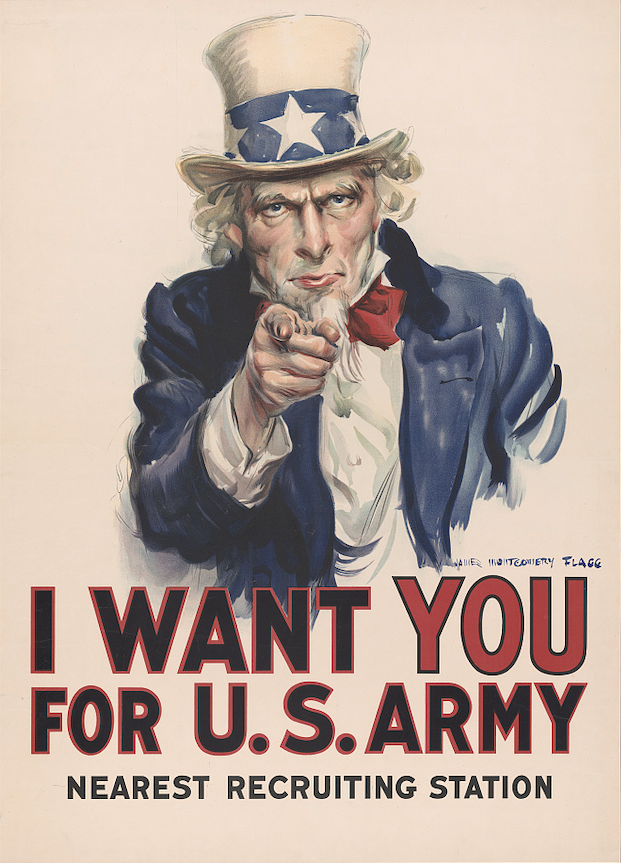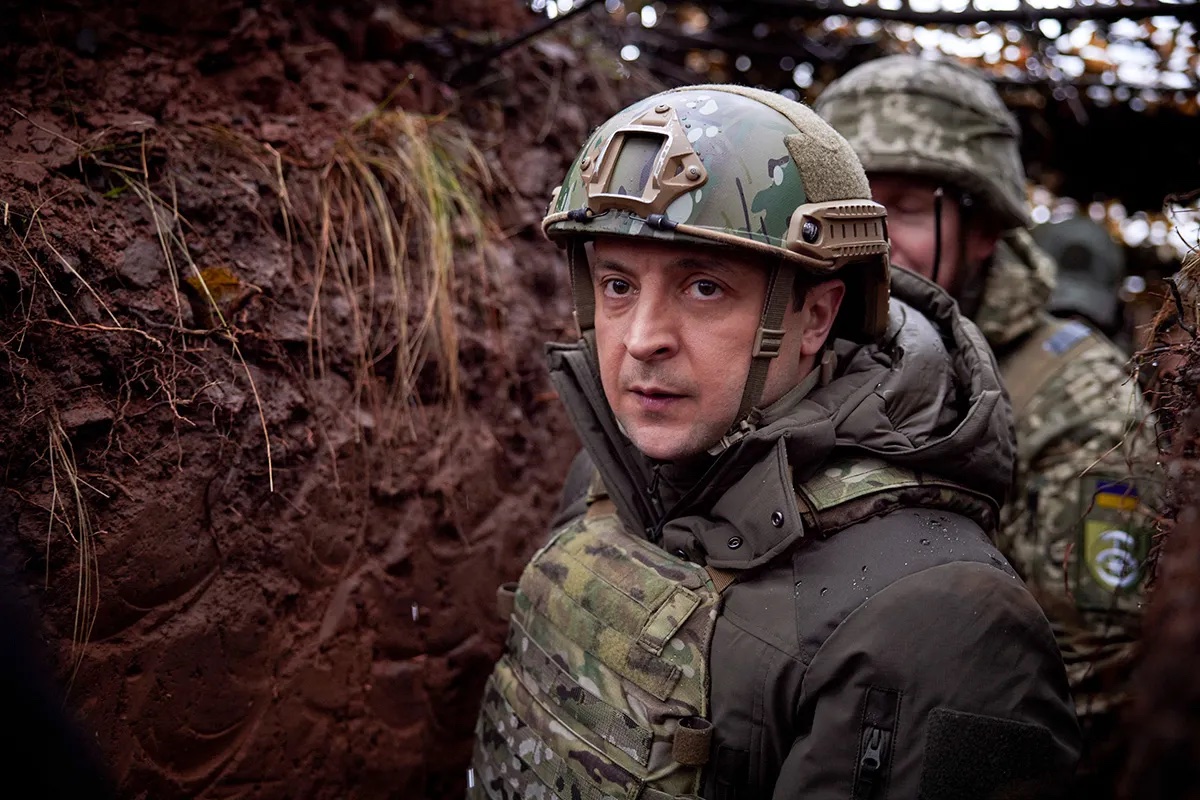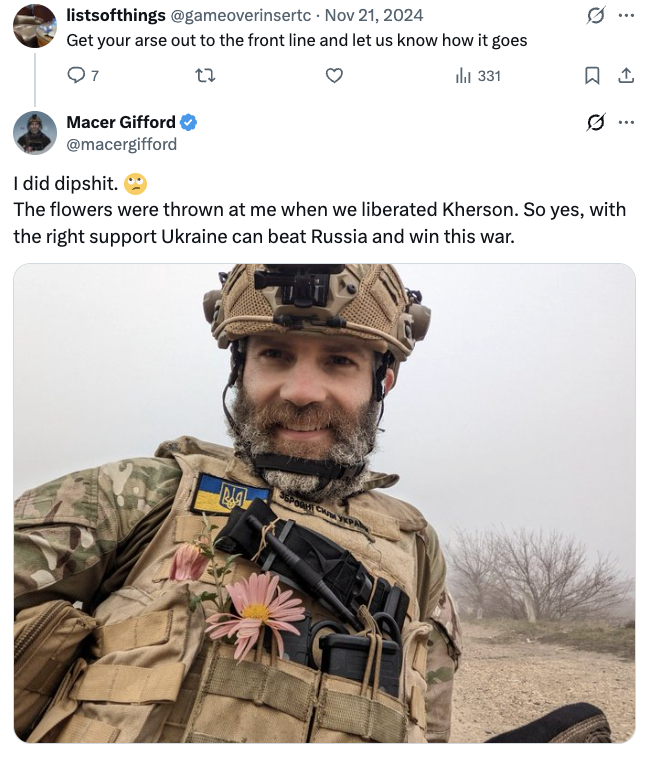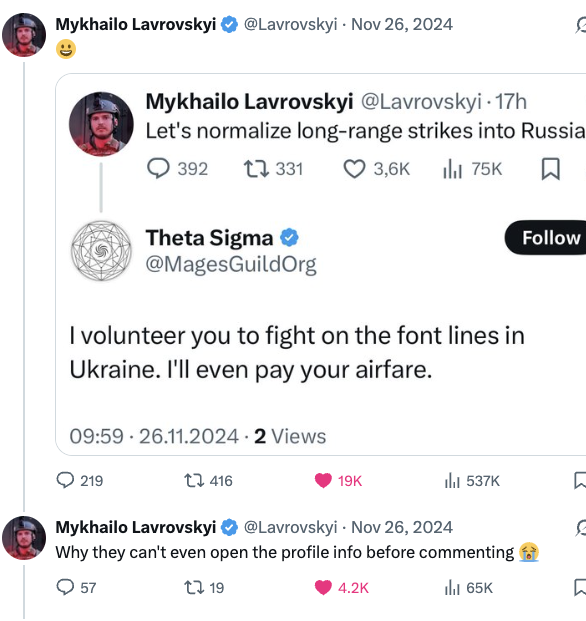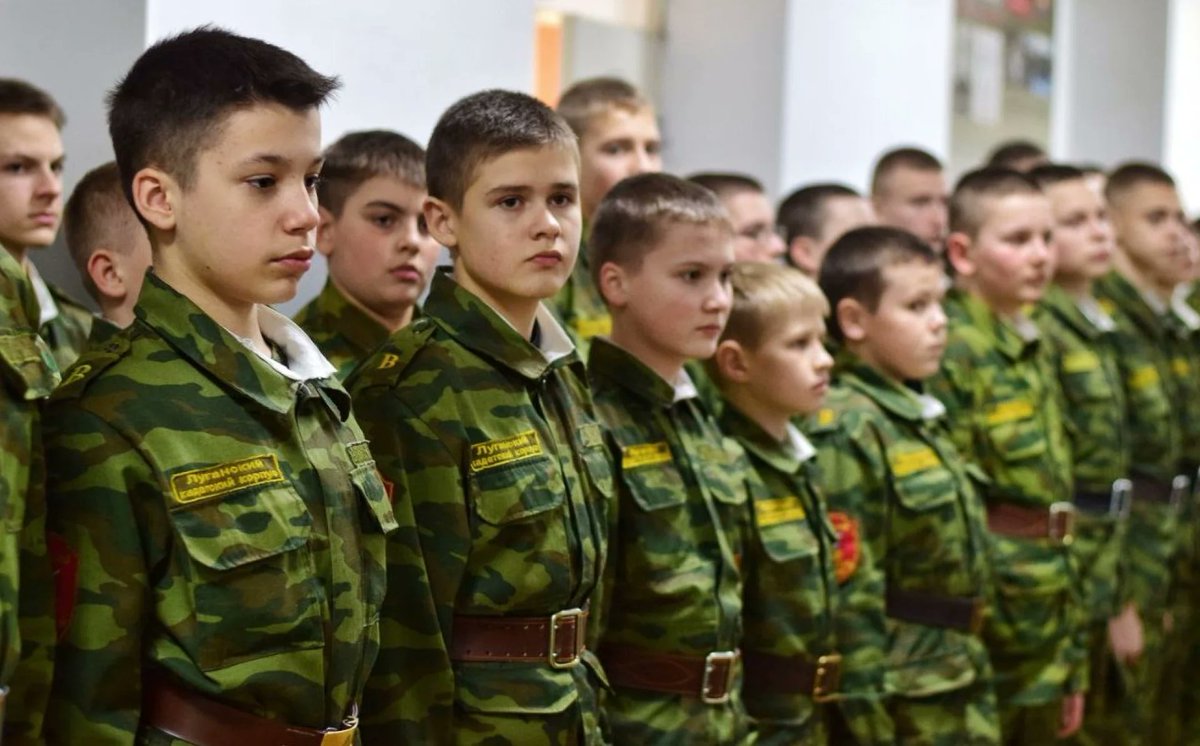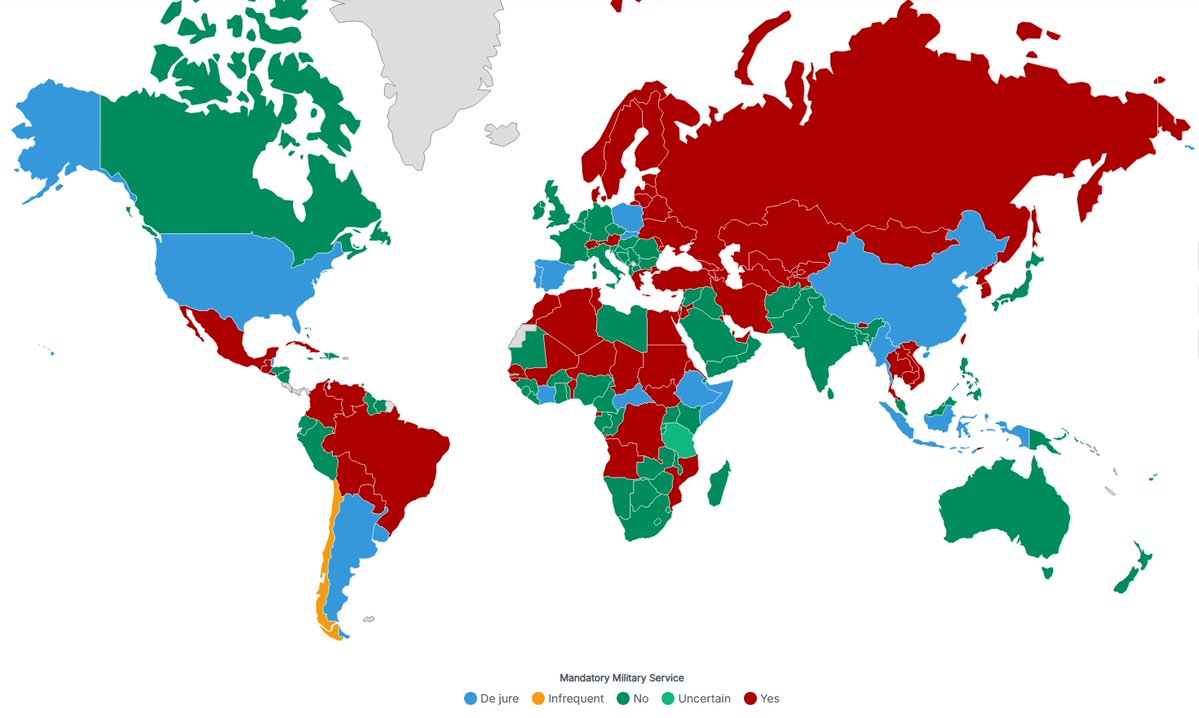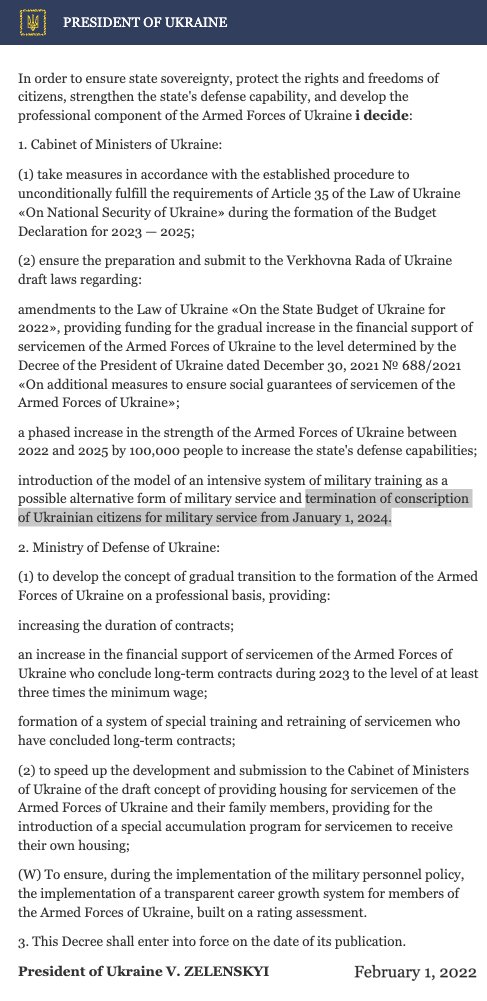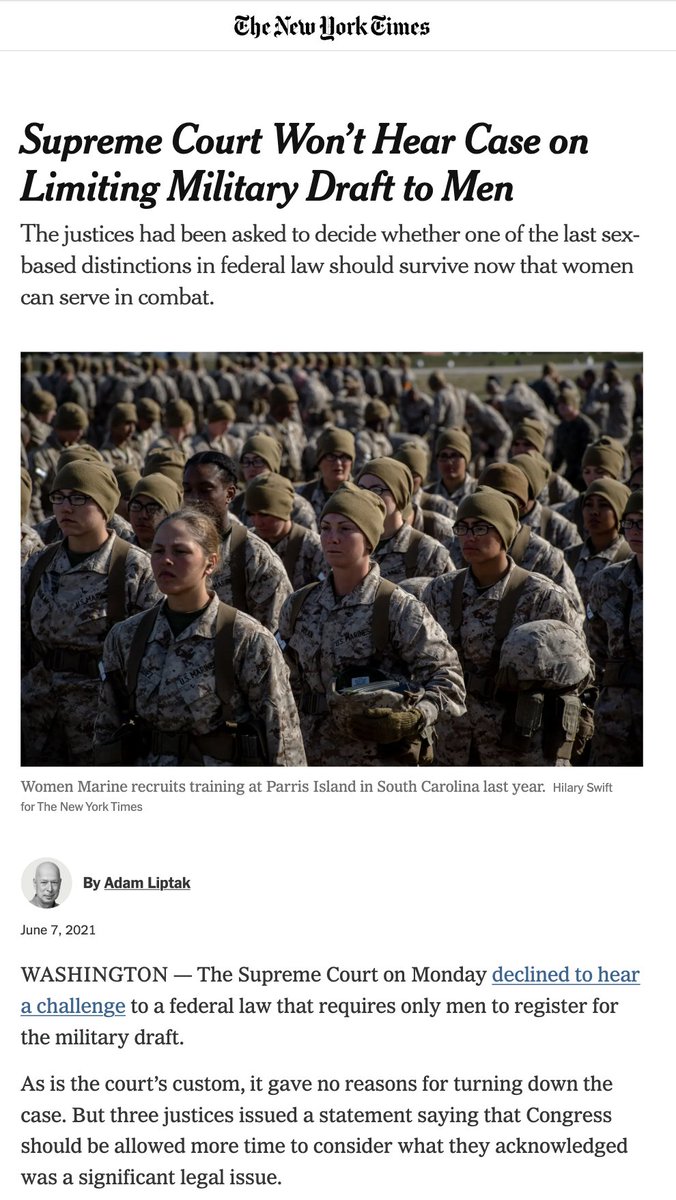In today's #vatnik soup I'll discuss Russkiy mir, the "Russian World". It's a concept that comprises of core culture of Russia, including its traditions & interactions with other cultures. This series is an attempt to explain motivations behind Russia's actions & motivations.1/17 

This soup is quite long and extensive, so grab a coffee or tea and enjoy!
First of all, there isn't only one Russia - throughout its history, Russia has been affected and shaped by several cultures and leaderships.
2/17
First of all, there isn't only one Russia - throughout its history, Russia has been affected and shaped by several cultures and leaderships.
2/17
The core of the Russian society is the "Slavic Russia". It's the "Russian soul" & it's where the language and the Russian entity was born. In Slavic Russia the idea of all Slavic people being one was born, & the role of Russia was of course to keep the Slavic world together.
3/17
3/17

The 2nd Russia was the "Byzantine Russia". After the 1453 fall of Constantinople , the "Second Rome", its traditions and culture moved to Moscow, the "Third and Eternal Rome", also making it a religious center.
4/17
4/17

This brought three big changes to Russian culture: Religion, conservatism & the idea that authority should not be challenged. By combining religion & leadership, this period concluded that authority's power was provided by God, it's infallible and should not be challenged.
5/17
5/17

The 3rd Russia was the "Mongolian Russia". In the 13th century, Russia (then Kievan Rus') was invaded by the Mongols. It was a cruel period, and many modern Russian words related to torture and corruption come from this era and from the Mongolian language.
6/17
6/17

The Mongolian leadership was authoritative & based on dictatorship.The only way to survive & thrive during the Mongolian rule was to lie, deceit & crush your enemies. After this era, Mongolians blend into Russian population and their characteristics can still be seen today.
7/17
7/17

The 4th Russia was the "Chaotic Russia", or smuta. This period lasted from 1598 to 1613. Leadership of Russia was contested, famine killed third of the population and the country was invaded by Polish-Lithuanian commonwealth. The whole nation was in chaos.
8/17
8/17

This ended with Michael Romanov coming to power and ruling over with an iron fist. From this time period, people concluded that dictatorship is better than
chaos. Romanovs ruled Russia until the February Revolution of 1917.
9/17
chaos. Romanovs ruled Russia until the February Revolution of 1917.
9/17

The 5th Russia was the "European Russia".There was an internal struggle whether Russia should be part of West or not (Západniks vs Slavophiles).During this time Russia was consciously mystified by writers,poets & artists to create a "wall of fog" between Russia and the West.10/17 

The 6th Russia is the "Superpower Russia". From this era comes the authoritarianism, expansionism, power politics, spheres of interest and buffer states. From the WW2 they learned that it's always better to wage war on someone else's turf rather than on their own.
11/17
11/17

The modern Russia should be seen as a blend of all these six remnants and periods. For centuries, Russia has been authoritarian and often led by a dictator. This dictator, the Tsar is infallible and his power comes from the God Almighty, and their main job is to keep the ...12/17
... Slavic nations together. Mongolian rule reinforced the idea of corruption and deception as the main tools of politics and power, and smuta reinforced the idea that centralized, authoritarian power is better than chaos.
13/17
13/17
These periods cemented a political hierarchy:Russians believe firmly in "just & infallible Tsar". The next level of leadership consists of "Princes", who after a while become infallible, too. One of the Princes eventually becomes the next Tsar. After this becomes the Boyars.14/17 

Boyars are the ones who implement the Tsar's decisions, sometimes incorrectly.
Putin is of course the Tsar, some examples of Princes could be Nikolai Patrushev and Yevgeny Zinichev. Not the biggest names in media, eh? Well, that's the idea -
15/17

Putin is of course the Tsar, some examples of Princes could be Nikolai Patrushev and Yevgeny Zinichev. Not the biggest names in media, eh? Well, that's the idea -
15/17


- Princes should be kept in dark so that their reputation stays clean. Some Boyar examples could be Sergei Shoigu and Yevgeny Prigozhin.
In the second part, I'll talk more about Russian imperalism and the idea of Russian nationality, "Narodnost".
16/17

In the second part, I'll talk more about Russian imperalism and the idea of Russian nationality, "Narodnost".
16/17


Sources:
doi.org/10.1093/acrefo…
jstor.org/stable/j.ctt7z…
My related soups:
Patrushev:
Prigozhin 1:
Prigozhin 2:
17/17
doi.org/10.1093/acrefo…
jstor.org/stable/j.ctt7z…
My related soups:
Patrushev:
https://twitter.com/P_Kallioniemi/status/1594238136275668994
Prigozhin 1:
https://twitter.com/P_Kallioniemi/status/1590238211527217152
Prigozhin 2:
https://twitter.com/P_Kallioniemi/status/1590985667907325952
17/17
"This series is an attempt to explain motivations behind Russia's actions & motivations"
And this is why you should ALWAYS double-proofread your tweets.
And this is why you should ALWAYS double-proofread your tweets.
• • •
Missing some Tweet in this thread? You can try to
force a refresh


